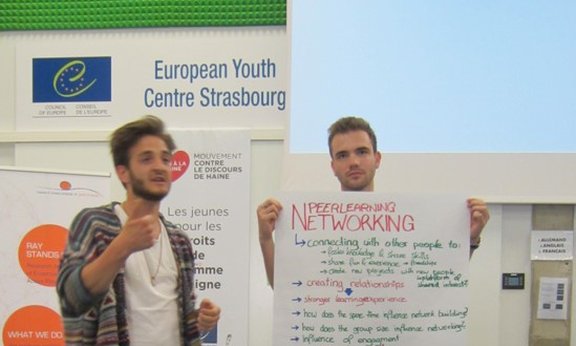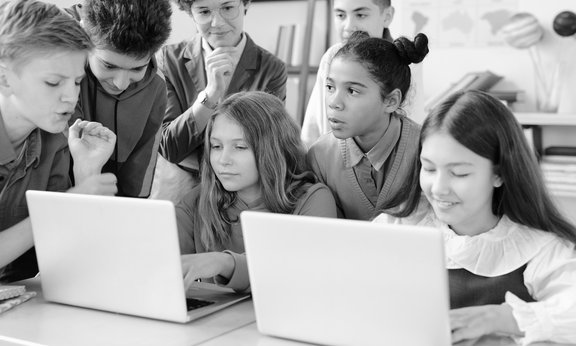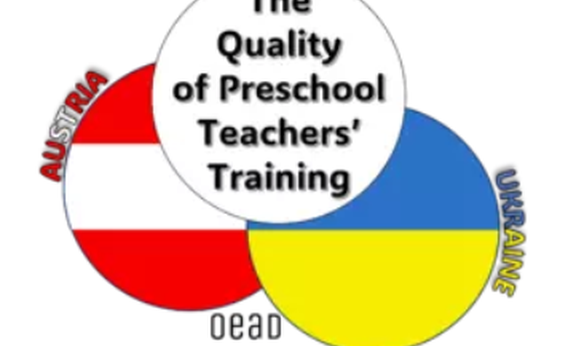Research
The faculty participates in several research foci, platforms, centres and doc-colleges of the Leopold-Franzens-University of Innsbruck.
Are you looking for the Teaching and research areas of the institutes?
FSP EPoS Economy, Politics & Society
- Research Centre Education - Generation - Lifecourse
- Research Area Cultural Encounters - Cultural Conflicts
- Research Center Migration and Globalisation
Research Platform Centre Interdisciplinary Gender Studies Innsbruck (CGI)
- AG Care: Relations, Rights & Policies
- Research group "Gender relations in migration societies"
- Research Centre Medical Humnaties
- Research Center Migration and Globalisation
- Innsbruck Doctoral College Gender and Gender Relations in Transformation: Spaces - Relations - Representations
Research Area "Cultural Encounters - Cultural Conflicts"
- Research Center Migration and Globalisation
- Doctoral programme Dynamics of Inequality and Difference in the Age of Globalisation
Current research projects

Empowering First-in-Family Students transitioning into Graduate Employment
This research project examines the biographical trajectories of first-in-family (FiF) students, i.e. those who are the first in their family to complete a degree programme. The study sheds light on the challenges and inequalities of FiF students in their transition to the labour market, which have hardly been investigated to date. The comparative country study (AUT-AUS) provides recommendations for national higher education policy to improve support measures for FiF students at universities.

Scientific monitoring of the European Solidarity Corps
On behalf of the OeAD, the LuF "Youth, Generations and Education Research" provides scientific support for the EU European Solidarity Corps (ESK) programme in Austria. Since 2018, the ESK has been promoting the involvement of young people in projects and activities that benefit the community. The participants are interviewed on an ongoing basis. Among other things, the research focuses on the effects of the activities on volunteers and the project environment.

Scientific monitoring of Erasmus+ Youth
The LuF "Youth, Generation and Education Research" is scientifically monitoring the EU Erasmus+ Youth programme in Austria on behalf of the OeAD. Together with the research network RAY (Research-based analysis of Erasmus+ Youth), programme participants and managers will be surveyed online three times from 2021 to 2027. The evaluation focuses on the Erasmus programme priorities (inclusion and diversity; environment and combating climate change; digital change; participation in democratic life).

Interim evaluation of the European Solidarity Corps
On behalf of the Republic of Austria, the LuF "Youth, Generations and Education Research" is preparing a report on the implementation and impact of the EU youth programme European Solidarity Corps (ESK) in Austria. The evaluation (period 2014 to 2023) is based on data obtained from three expert interviews with representatives of the Federal Chancellery, the head of the ESK division at the OeAD, as well as regional youth officers and questionnaire surveys.

Interim evaluation of Erasmus+ Youth
On behalf of the Republic of Austria, the LuF "Youth, Generations and Education Research" is preparing the report required by the EU on the implementation and impact of the EU Erasmus+ Youth programme in Austria. The evaluation covers the period from 2014 to 2023 and is based on studies on the long-term effects of Erasmus+ Youth on participation and citizenship and on the impact of the corona pandemic on youth work. The results of a questionnaire survey are also included.

Monitoring & evaluation of a participatory method by YEP as part of the #DemokratieMachtSchule project
As part of the accompanying research project for the #DemokratieMachtSchule programme, the effect of the participatory YEP methodology is being investigated. In this programme, young people at Austrian schools are invited to contribute their ideas to help shape the school curricula themselves. They will be surveyed several times in 2023 and 2024.

The quality of preschool teachers’ training in Austria and Ukraine: A comparative analysis
As part of a cooperation project between Austria (University of Innsbruck, FH Campus Wien) and Ukraine (Drohobych Ivan Franko Pedagogical University, Korolenko National Pedagogical University), the quality of training in both countries will be comprehensively recorded and analyzed through analyses of curricula, surveys of prospective educational professionals and educational professionals already working in preschools, as well as through guided interviews with persons in charge at universities and directors of educational institutions for early childhood education (BAfEP), and the results of both countries will be compared.
